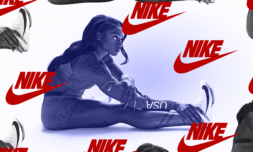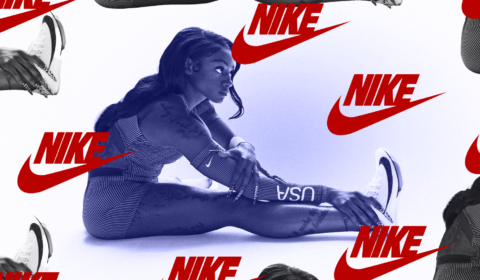Multibillion dollar companies like SHEIN are stealing, recreating, and cheaply mass producing the original ideas of independent designers. Until this stops, fast fashion lives on.
In February, I asked where we were in our ongoing fight against fast fashion.
Unfortunately, the answer was somewhat bleak. Though the number of people shopping consciously has soared in recent years – with Gen Z at the helm – the destructive industry’s demise appeared nowhere near as tangible as we may have assumed.
This is despite witnessing Forever21 file for bankruptcy, Arcadia go into administration, and H&Moutline plans to close 250 stores worldwide at the time.
So why the continued boom in popularity amid such reassuring data?
From an alarming trend that showed consumers turning their attention to even cheaper e-commerce retailers following shocking revelations of Boohoo’s malpractice to influencers promoting excessive garment consumption on major platforms like TikTok, one thing was clear.
Tonight I feel crushed, @SHEIN_official has stolen my Amelia sweater design.
Spent hours designing and brainstorming this design and it takes days to crochet each sweater. It’s quite disheartening to see my hard work reduced to a machine made copy. 💔 pic.twitter.com/vLagM3WiKq— – (@TheElleyy) July 16, 2021
No matter how urgent the pressure to change our buying habits and save the planet from literally drowning in clothes, affordability has – and will likely always – come first.
No company knows this better than SHEIN, where you can theoretically get your hands on an entire outfit for $30 or less.
The linchpin of inexpensive, mass-produced goods with prices even eye-wateringly lower than PrettyLittleThing on Black Friday, SHEIN’s ubiquity, most notably on social media, has catapulted the Chinese conglomerate to cult status among trend-enthusiasts across the globe.
Giving ASOS a run for its money, it has contrived to conquer the world so rapidly that most of us didn’t even notice.
Now the biggest company of its kind (reported to have sold $10bn worth of clothing last year when the pandemic began encouraging online orders) SHEIN has completely redefined the fast fashion model right from under our noses.
Excuse me @SHEIN_official can you please tell me why you’ve completely STOLEN my design? Im a small independent SUSTAINABLE business and you’ve completely stolen my hard work? pic.twitter.com/QpUVbUK3RU
— mare of boscombe (@fernm8) December 8, 2020
How? By blatantly taking advantage of independent designers and small businesses it’s well-aware don’t have the funds or resources to fight back. A sinister leap indeed from the ‘deliberate and calculated’ trademark infringement it was accused of by renowned brands including Dr Martens, Ralph Lauren, and Levi Strauss at the end of 2020.
‘Please, I am begging you, do not support SHEIN,’ reads the Instagram post that brought this issue to my attention. ‘As small solo business owners, we are spending HOURS pouring our hearts into the creations of our dreams, only to be ripped off. Then, to make things worse, we can’t really do anything about it.’
Sharna Hupfeld– the caption’s author and owner of Salté – is just one of potentially thousands of designers (we are yet to see substantial data on the true extent of the problem) involved in SHEIN’s fraudulent scheme.




















